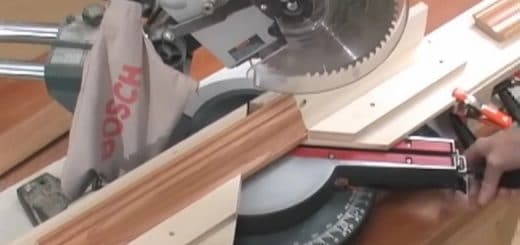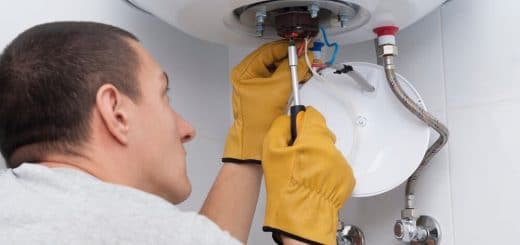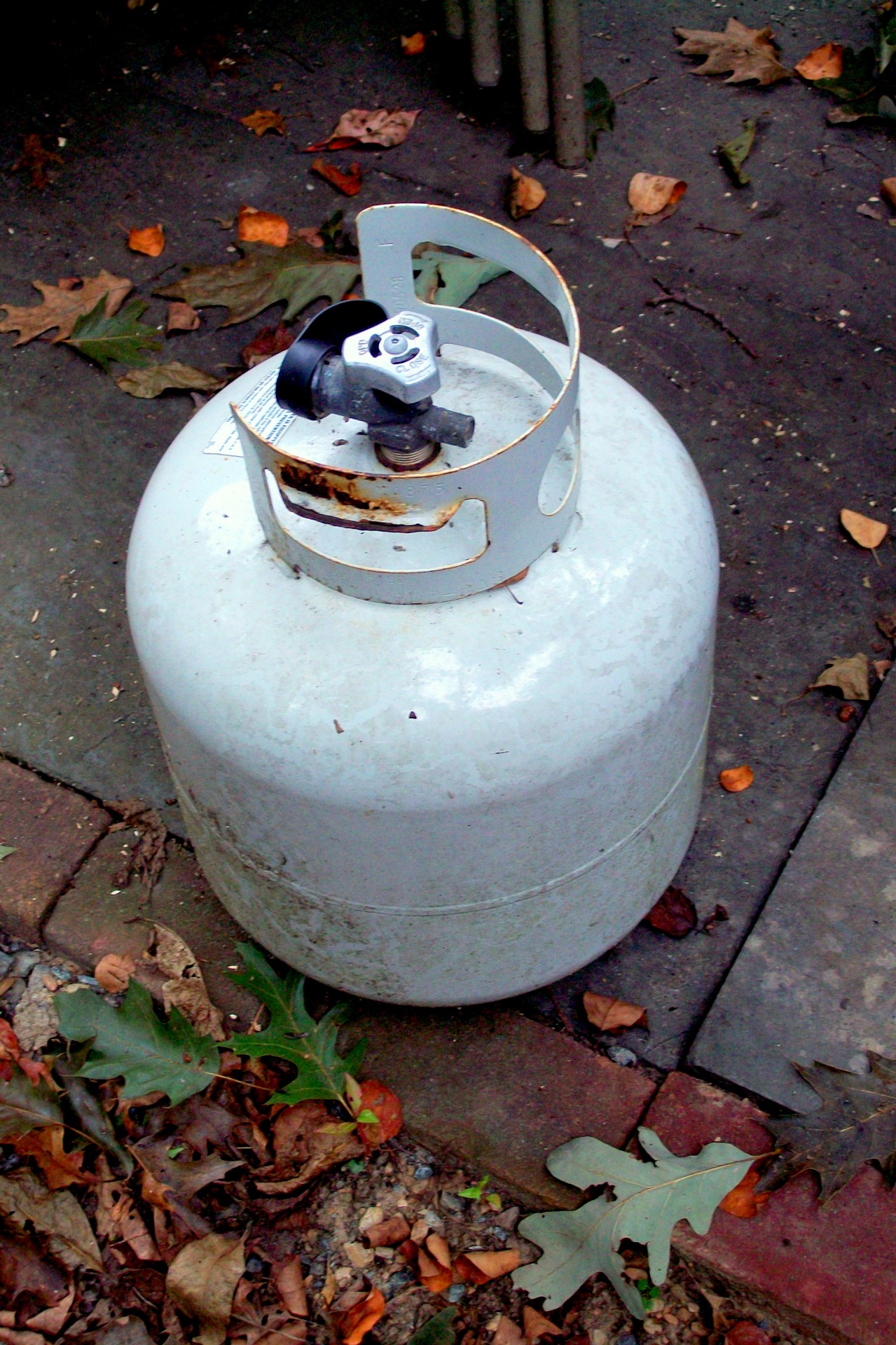Essential Budgeting Tips for New Homeowners
Homeownership is the dream for many people, but there’s no denying that it’s also not cheap. Even a starter home or condo is a life-changing financial decision, so new homeowners should figure out their budget picture well in advance of moving in. For some aspects, you should have it figured out before you even make an offer on a property. Responsible budgeting means taking care of the big things like making sure you have an emergency fund for home repairs. And it also means paying attention to the small things like whether the person remodeling your bathroom has a contractor bond. Every choice, even some that don’t seem immediately relevant to your budget, can be highly impactful in the long term. These four tips will help you master the balancing act of budgeting as a new homeowner.
Do a hard budget analysis before you start house hunting.
Lots of people love house hunting. Not many people love making a comprehensive budget analysis. But you really need to sit down and work out your financial picture before you start looking for the home of your dreams. The last thing you or your real estate agent wants is to find the perfect place before realizing that it’s outside of your budget.
If it’s been some time since you reviewed your budget in-depth, this is a great opportunity. Begin by analyzing your current cash flow, savings, and expenses. Then use one of the many mortgage calculators available online to get a ballpark estimate of what you qualify to borrow and your approximate mortgage payments. Determine a low, middle, and upper price range of what you can afford, and think extra carefully about anything that’s at the top end of that range. Of course, you might have already bought your house. The rest of these tips apply to any homeowner—prospective or current—when considering their budget.
Make sure your budget isn’t missing items.
It’s not just the mortgage you’ll need to pay. Homeownership is full of hidden expenses, and you can put your budget out of order by failing to account for some of them. Keep these sneaky expenses in mind when you’re creating a budget:
- Homeowner’s InsuranceHomeowner’s insurance is a policy that provides financial ... More: You’ll need homeowner’s insurance to protect your home from fires, windstorms, and other disasters that can damage your property. Make sure to check exactly what a homeowner’s policy includes so that you know when you’re covered.
- Property Taxes: Most homeowners will have to pay local property taxes on their homes. Do your research on local property taxes and figure out what they’re going to cost you every year.
- Utilities: Your budget should include estimates for essential utilities like power, water, natural gasNatural gas is a flammable fossil fuel composed mainly of me... More, and internet. Some utilities offer tools that allow you to estimate a home’s monthly consumption.
- HOA Dues: In some communities, or if you’re buying a condo, you might have to pay monthly or yearly dues to a homeowners’ association. Ask your real estate agent if a property includes an HOA, how much it charges in dues, and how much the dues are allowed to increase.
- MaintenanceMaintenance is the routine care, inspection, and repair of a... More and RepairRepair is the act of fixing or restoring damaged property, m... More: Every home needs maintenanceMaintenance is the routine care, inspection, and repair of a... More and repairRepair is the act of fixing or restoring damaged property, m... More to stay in good shape, so don’t ignore these things in your budget. Be especially cognizant of this if your home is a fixer-upper that will need repairs on day one. Keep an emergency repairRepair is the act of fixing or restoring damaged property, m... More fund handy for urgent cases like a furnace that goes out in the middle of winter.
Spend a little more for good quality.
A home is the most significant investment most people will ever make, and that means that everything you do for your home supports that investment. When budgeting for a new home, try not to use “low-end” numbers to estimate things like contractor rates unless you’re OK with low-end quality. And if there’s one area of your life in which you should almost always spend the money for better quality, it’s owning a home.
Finding a contractor is one great example. The contractor who gives you an estimate that’s way below everyone else’s is probably not the one you want. Any contractor you hire should provide you with a firm estimate in writing, so you can figure it into your budget. Don’t forget to check that the contractor is licensed and has a surety bond to guarantee their work.
This advice also applies to other materials in your home. Good paint will last for much longer and look better than cheap paint. High-quality roof shingles have a longer lifespan and, most importantly, protect your home much better than cheap shingles. By spending slightly more money now, you can often save yourself even more later.
Keep an eye on the little savings that add up to big ones.
Savvy homeowners can padThe pad is the cushion or underlayment beneath carpet that p... More their wallets a lot by identifying small ways to save around the house. Here are some of the best tips that will help you have a little more left over at the end of the month:
- Borrow or rent any tools that you’ll probably only use once.

- Check the integrity of insulationInsulation is a material used in buildings to reduce the tra... More to ensure that you’re not wasting heat and AC.
- Install a smart thermostatA thermostat is a device that monitors and regulates tempera... More to regulate your temperature and save on bills.
- Use fans for a cost-effective alternative or supplement to AC in hot weather.
- To keep your HVAC operating at maximum efficiency, check your AC’s air filter and replace it if it’s dirty.
- Make sure you’re aware of and using any tax deductions that your home may qualify for.
- Conduct regular budget reviews and make sure you’re still hitting your goals in other areas like retirement savings.
Purchasing a home isn’t a magic wand for creating financial stability, but it’s definitely among the best ways to get your family and future on a good financial footing. Avoid the common traps and save where you can, and your home can be the gateway to a wonderful tomorrow.
Disaster Restoration
Sometimes when moving into a home, you find that there are things wrong with the home that you didn’t notice during the buying process. Other times, something will break down during your time living at the home such as a roof leak or a pipe burst. In both cases, fixes can be expensive. It is important to budget for the “rainy day” that might come your way.












